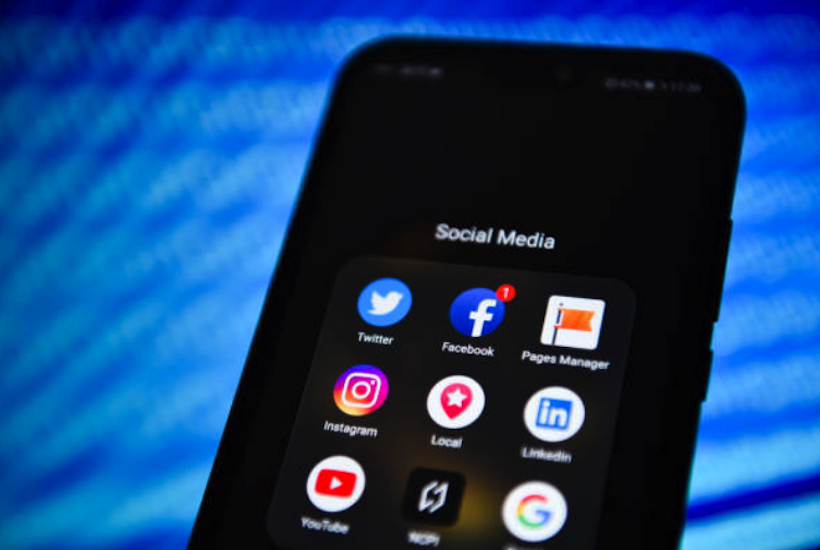‘Big tech’ plays a huge and ever-expanding role in our lives. Without a thought, we now trust platforms like Facebook, Google and Twitter to inform us about the latest trends in culture, the products we want, and the news stories that matter.
But over the last year or so, evidence has been mounting that big tech is biased.
Already a subscriber? Log in
Subscribe for just $2 a week
Try a month of The Spectator Australia absolutely free and without commitment. Not only that but – if you choose to continue – you’ll pay just $2 a week for your first year.
- Unlimited access to spectator.com.au and app
- The weekly edition on the Spectator Australia app
- Spectator podcasts and newsletters
- Full access to spectator.co.uk
Or


























Comments
Don't miss out
Join the conversation with other Spectator Australia readers. Subscribe to leave a comment.
SUBSCRIBEAlready a subscriber? Log in